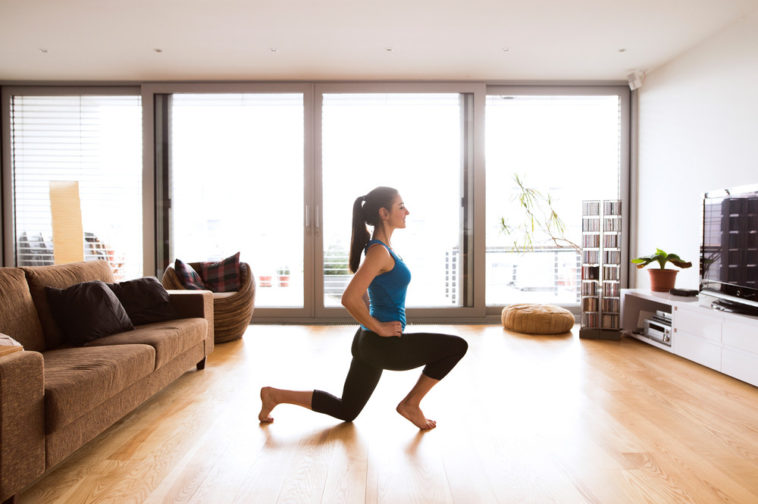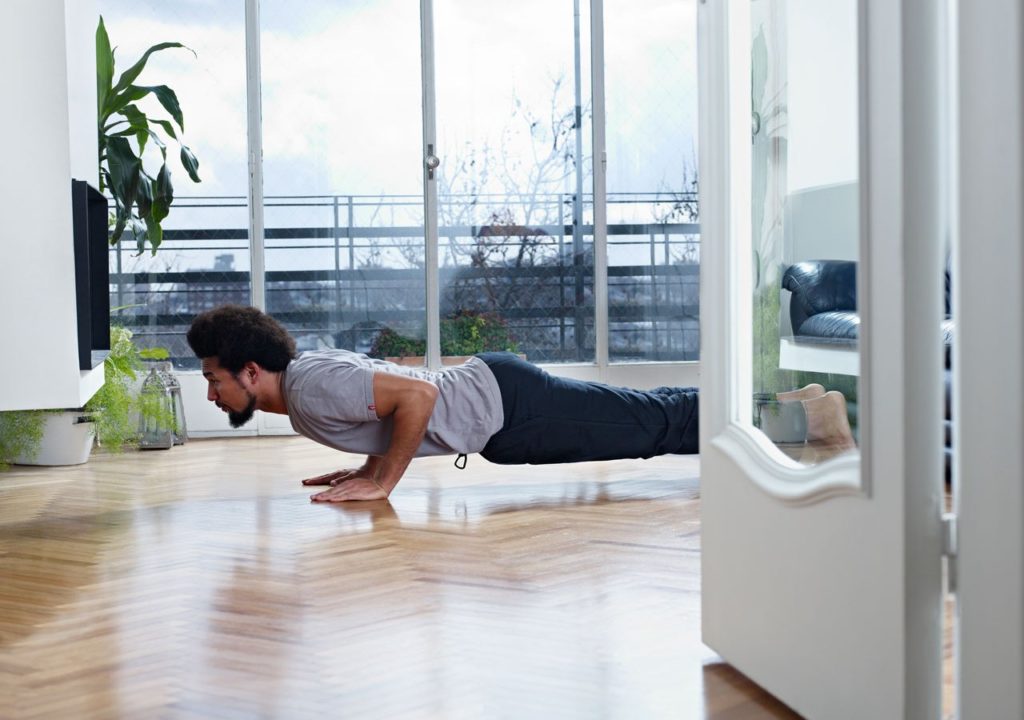Before explaining about home-based cardiac rehabilitation, let me recall a few important things about cardiac rehabilitation. Cardiac rehabilitation is a medically supervised program for individuals with chest pain, heart attack, heart failure etc. and for those who have undergone any cardiac procedures or surgeries. It is a proven risk-reduction therapy and includes education, exercise training, nutritional guidance and psycho-social counselling. Fewer complications, freedom from repeated hospitalization, ability to do more things and improved health related quality of life are some of the key benefits of cardiac rehabilitation.
Conventional cardiac rehabilitation consists of 4 phases namely:
Phase 1 – Counselling and expert advice during the period of hospitalisation with heart ailments
Phase 2 – Recovery phase lasting a few days to a few weeks after hospitalisation, surgery or any other procedure
Phase 3 – Supervised exercise cum education phase lasting 3-6 months
Phase 4 – Maintenance phase for regular follow-up and guidance after the intensive supervised rehab program
Currently, cardiac rehab programs are offered by a team of healthcare professionals based in multi-speciality hospitals or in dedicated rehab centres like ours. Please go through our earlier blog post about cardiac rehabilitation for more on this topic (http://www.cardiacwellnessinstitute.com/heart-disease-treatment-prevention/uncategorized/10-things-you-must-know-about-cardiac-rehab-2/) .
How did Home-Based Cardiac Rehabilitation come about?
“Home Based” cardiac rehabilitation has been in vogue for a while now in developed countries. As the distance from the rehab facility and the logistics of commute back and forth are the main bottlenecks preventing maximum utilization of cardiac rehab services, home-based cardiac rehab became popular. It typically replaces phase 3 of the conventional cardiac rehabilitation program. Instead of attending 2-3 rehab sessions per week at the cardiac rehab centre, the individuals exercise in and around their home as advised by the rehab team. They also get dietary and psychosocial counselling through phone and/or video calls.


The rehab team at Cardiac Wellness Institute has been providing conventional as well as home-based cardiac rehabilitation for the past 5 years. Please read on for some Patient Stories:
Gentleman based in Singapore: Ram (name changed), a 45 year old gentleman from Tamil Nadu working in Singapore, suffered a heart attack and underwent a stent procedure. He and his wife were in a state of denial and disbelief that he had suffered a heart attack at such a young age. They had a daughter in kindergarten and were worried for her future. Moreover, there was a strong family history of young sudden deaths due to cardiac cause on Ram’s side and the recent demise of his brother had come as a major shock to them.
Ram enrolled in a home-based cardiac rehab program with us as he felt that the cardiac rehab program in Singapore was inadequate in addressing his dietary concerns (pertaining to South Indian diet) and his psychosocial problems (working in a foreign country, lack of support of extended family etc.). Once our rehab team had reviewed all his reports and was convinced that he was clinically stable and ready for home-based rehab, we went all out to provide him the moral support, exercise training, evidence based guidance on what to eat and what to avoid, and stress management advice, all through phone calls, video demonstrations and sharing of study material through internet. Ram successfully completed his 3-month rehab program and has been on a maintenance program for the past 6 months.
We have faced some challenges like for instance when Ram and his wife would get anxious and call us to check about a new-onset pain in the left shoulder during stressful situations or a bout of gastrointestinal symptoms with some food changes. We had to explain to them that long-distance rehab programs are not conducive for emergency health advice as we cannot see and examine the individual.
Gentleman from closer to home: Rathnam (name changed) is a 68 year old gentleman from Namakkal, Tamil Nadu, India, running his own business. He suffered a heart attack recently and was treated with a stent procedure. His risk factors were diabetes, hypertension and obesity in addition to sedentary lifestyle, lack of balanced diet and work-related stress. He and his wife were able to come in person for the initial evaluation and initiation of cardiac rehab program (3 day stay in Chennai near our rehab centre) following which they have had weekly communication with the rehab team on a home-based program. In the past 3 months, Rathnam has had days when work-related travel would come in the way of exercise but he keeps a log of his physical activities and his dietary intake and reports to us systematically. He is scheduled for a repeat in-person evaluation to quantify his progress and to discuss the next steps.
Advantages of Home-Based Rehab
- Simple, feasible and convenient; avoids the hassle of commute and can be done in home surroundings
- Sessions are administered through phone or video chat
- Working individuals have the flexibility of doing the exercise at their convenient time
- Individuals living in other cities or towns in India or residing abroad can also enroll in a home-based program
- Participants do not get over dependent on the rehab team or the rehab facility.
Disadvantages of Home-Based Rehab
- Cannot be administered for individuals with high risk of complications
- Chance of miscommunication or misinterpretation is higher
- Lack of a fixed exercise schedule may hamper their adherence to our guidelines
- Due to long distance communication, the rehab team is unable to provide any emergency medical advice
- Participants might not take the home-based program seriously and may not derive maximum benefit
Hence, home based cardiac rehabilitation is an alternative to conventional cardiac rehabilitation and can be offered to most individuals who aim for a complication-free recovery and enhanced health-related quality of life.